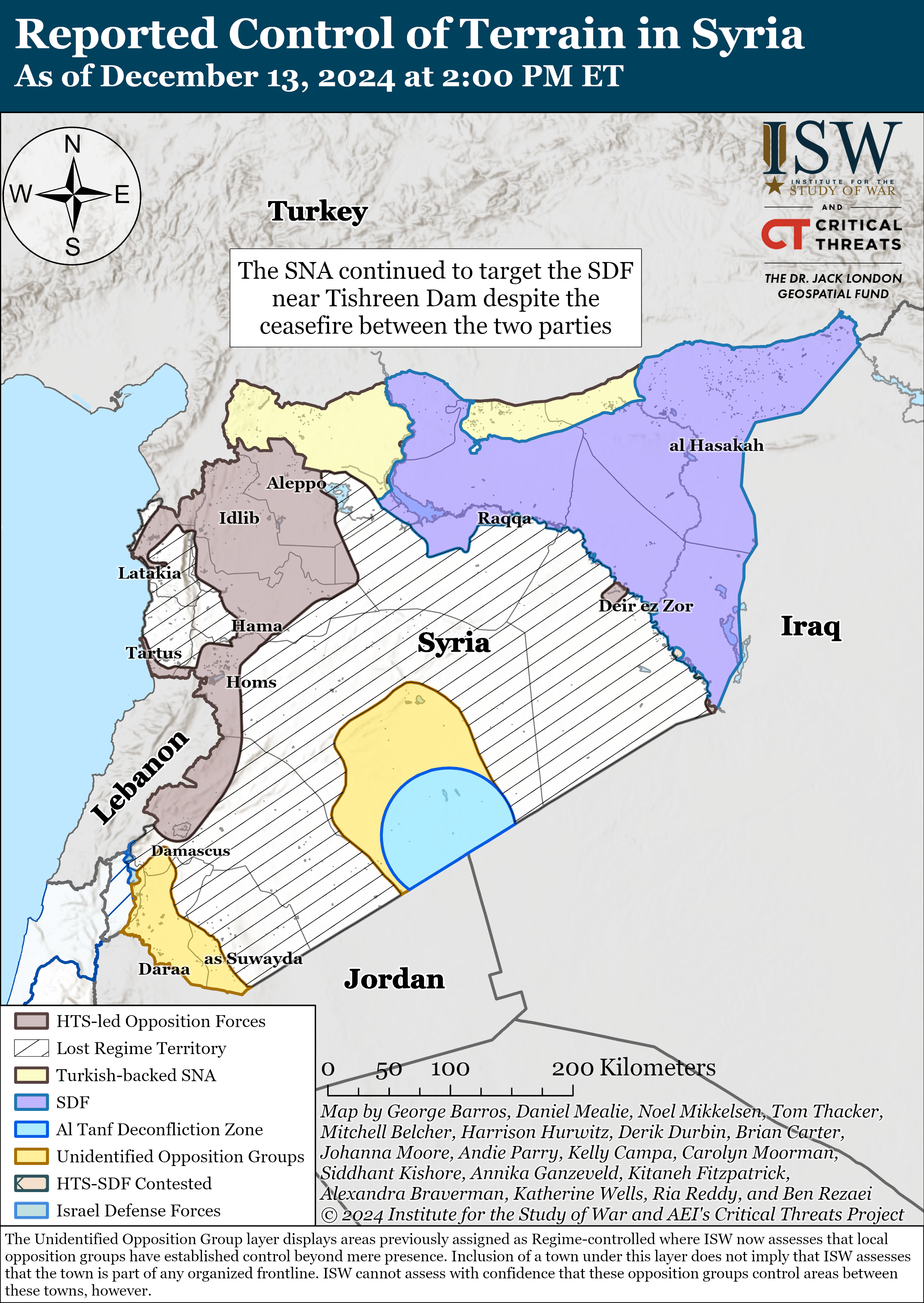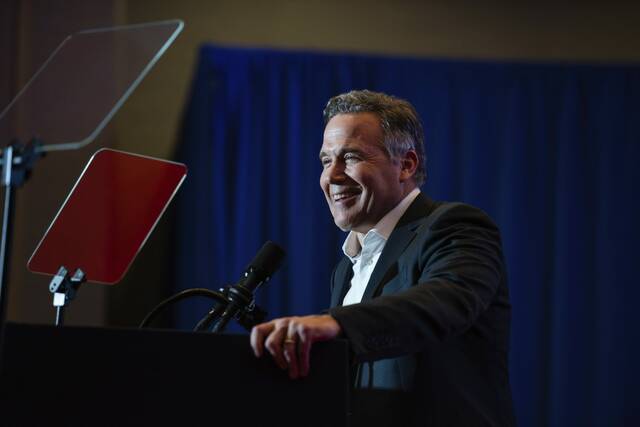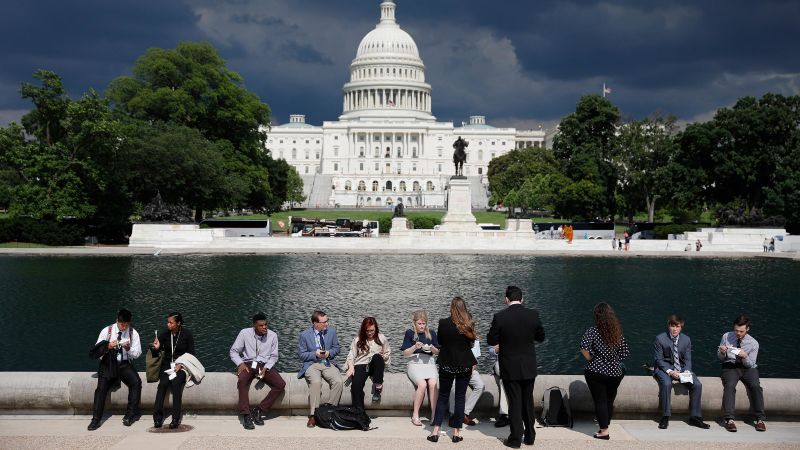Your support helps us to tell the story
From reproductive rights to climate change to Big Tech, The Independent is on the ground when the story is developing. Whether it’s investigating the financials of Elon Musk’s pro-Trump PAC or producing our latest documentary, ‘The A Word’, which shines a light on the American women fighting for reproductive rights, we know how important it is to parse out the facts from the messaging.
At such a critical moment in US history, we need reporters on the ground. Your donation allows us to keep sending journalists to speak to both sides of the story.
The Independent is trusted by Americans across the entire political spectrum. And unlike many other quality news outlets, we choose not to lock Americans out of our reporting and analysis with paywalls. We believe quality journalism should be available to everyone, paid for by those who can afford it.
Your support makes all the difference.
For miles, the bleached ribcages of bombed-out buildings on either side of the main highway north of Damascus flick past as you drive – a grim monument to some of the fiercest battles that took place between Bashar al-Assad‘s forces and rebels at the start of the revolution more than a decade ago.
None of the residents of Jobar – once a revolutionary heartland – were able to return to or rebuild their homes as Syria‘s civil war rolled on, even after the regime retook control.
Now, after Assad’s stunning defeat, families, some of whom returned from fleeing the country, pick through the dust-choked rubble of what were once their homes. They gather at Jobar’s chewed-up central graveyard to host the first funeral here in 13 years.
“We will have to start rebuilding from scratch,” says Ayman Abash, 54, shell-shocked in the dust-choked remains of his home. He was jailed in 2011 by the regime for two years on trumped-up “terrorism” charges due to his involvement in the protests here.
“This region was under siege. The bombardment was relentless – we had to hide in our basements.
“They used us as a testing ground for any kind of weapon they had… This is the first time I’ve come here and seen it. It was completely destroyed.”
The enormity of the destruction here is a stark reminder of one of the immense challenges now facing Syria, a country that must rise from the ashes of more than half a century of Assad family rule, including more than a decade of civil war, and, in recent years, a total economic collapse.

This is the focus of discussions in the long bread queues across the capital.
“We have just one or two hours of power a day at the moment,” says one woman, explaining the difficulties of winter and bread shortages. “We hope for change,” says another.
Even five years ago, experts estimated that the cost of rebuilding Syria could be as high as $400 billion (£313bn) —dwarfing what used to be the yearly government budget before the regime collapsed.
No one has any idea what the price tag might be now.
Rebuilding the country is a colossal task after a bloody war that killed hundreds of thousands of people – and also triggered one of the biggest refugee crises in modern history. Cities and neighbourhoods like Jobar have been bombed to ruins, vast swathes of countryside are depopulated, and the economy has been gutted by international sanctions that have yet to be lifted. Millions of refugees still live in camps across different countries.
Now, it is nominally managed by an ad-hoc group of opposition force led by Hayat Tahrir al-Sham (HTS), an Islamist group once aligned with al-Qaeda, but which has spent years trying to distance itself from its jihadist past. Their fighters now dot the streets, even directing traffic at times. They are tasked with bringing peace and trying to unite one of the most bitterly fractured societies in Middle East..

The pressure is on Mohammad al-Bashir, the man installed by HTS’s chief Abu Mohammed al-Golani, to lead an interim administration. Al-Bashir, who previously ran a small rebel-led administration in a pocket of northwestern Syria says he aims to bring back millions of refugees, create unity, and provide basic services. However, he admits that rebuilding will be daunting, with little funding at hand.
“In the coffers, there are only Syrian pounds worth little or nothing. One US dollar buys 35,000 of our coins,” al-Bashir told the Italian newspaper Il Corriere della Sera on Wednesday.
“We have no foreign currency, and as for loans and bonds, we are still collecting data. So yes, financially, we are very bad.”
Ali Amin, a senior official in the fledgling Ministry of Information, told The Independent that he is optimistic for the future despite the pressure. He said HTS and the myriad other fighting groups are now “in a state of withdrawal, with the police and security forces stepping in to restore order.”
He explained that the plan involves a three-month transitional period before a new – presumably civilian – government starts in earnest.
“Despite all the challenges, it’s still better than what the country faced under the Assad regime, when the country was collapsing on all fronts. Any challenges we face now are easier than what we endured under Bashar al-Assad’s rule,” he told The Independent.

“We are talking about a new Syria… a Syria focused on development. God willing, we want a Syria for every Syrian, a place that experiences a new renaissance.”
There are other challenges.
Fighting still rages in the northeast of the country between Turkish-backed rebel groups and the Kurdish-led, and US-backed, Syrian Democratic Forces. Meanwhile, witnesses on the border with Iraq report that regime soldiers who fled are still camping there. The border with Lebanon has become choked with Syrians apparently aligned with the regime, desperate to leave.
There are also potentially thousands of missing regime conscripts, says a man named Bassam Ahmed, who approaches The Independent for help in central Damascus. His son, Mohammed, 23, was too poor to pay to avoid his military service, and despite being badly wounded on the battlefield, was not granted a medical exemption as the Assad regime needed all the men they could get in the final years.
“I last heard from my son 10 days ago when he told us he was in Idlib province and that his commander, a general, had fled, leaving them all behind,” continues a desperate Bassam.

“I have no idea what happened to him or his brigade, or where they are. Just tell me if he is dead or alive – just tell me this.”
Foreign officials are only warily engaging with the former rebels, especially as HTS, by far the most powerful, remains designated as an international terrorist organisation by Washington, the United Nations, the EU, and others. Many in Syria hope that will change and are looking for change from the West.
The US secretary of state Antony Blinken, who was heading to the Middle East on Wednesday to work on Syria’s transition, said that the US supports “an inclusive, Syrian-led transition to an accountable and representative government”
The new government, he continued: “Must uphold clear commitments to fully respect the rights of minorities, facilitate the flow of humanitarian assistance to all in need, and prevent Syria from being used as a base for terrorism or posing a threat to its neighbours.”
Back in Jobar, families dwarfed by towering piles of rubble and remains say they are determined to stay put and rebuild.
“This is our land, our country. We were born here, and all our wealth is here,” said Anas, 30, as he drove his mother and children away from the destroyed remains of their home.
“We hope people return to their homes, that the country will prosper, and that they’ll find jobs. We must work together to make it possible.”
2024-12-11 19:05:59



